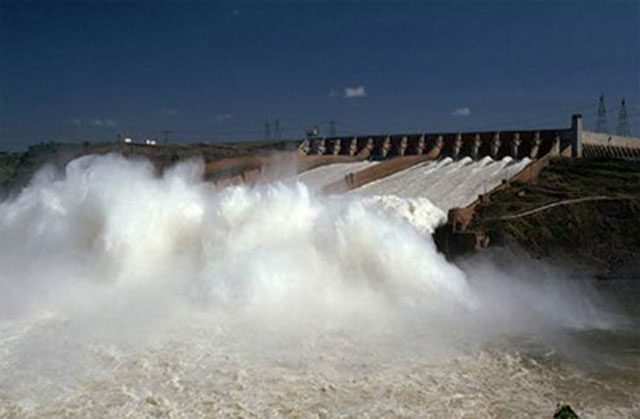ISLAMABAD: The Power Division has firmly opposed the proposal to burden electricity consumers with Rs170 billion in net hydel profit (NHP) arrears owed to provinces, suggesting instead that these payments should be delinked from the electricity tariff, Dawn reported.
The Power Division has expressed concerns that further increases in tariffs could undermine ongoing reforms, particularly the renegotiations with independent power producers (IPPs), and potentially erode investor confidence.
Additionally, the division emphasised legal and constitutional challenges, with the matter currently under review by an inter-ministerial and inter-provincial committee led by the federal planning minister.
According to the news report, the Khyber Pakhtunkhwa (KP) government has long sought an increased share of the NHP, currently at Rs39-40 billion annually, primarily from Tarbela Dam-generated power. KP also requested over Rs300 billion in additional payments and demanded the transfer of hydropower plants in lieu of these arrears.
Similarly, Punjab owes about Rs115 billion in NHP payments from plants like Ghazi Barotha.
Under Article 161(2) of the Constitution, provinces are entitled to NHP from hydropower stations located within their boundaries. However, its interpretation has remained controversial. The current system passes these costs onto consumers at Rs1.155 per unit, with disbursements to KP and Punjab.
The Power Division has clarified that Article 161(2) mandates NHP to be calculated after deducting operating expenses from bus-bar revenue and does not support the inclusion of NHP as a pass-through charge in tariffs. They proposed that NHP payments be sourced from the federal budget or Wapda’s hydropower profits, warning that the existing tariff-based mechanism is unsustainable.
Regarding KP’s demand for the transfer of hydro plants, the Power Division stated that these projects fall under the 1995 and 2015 power policies, which apply to privately owned IPP-mode projects. Wapda’s projects, funded via PSDP, donor loans, and internal resources, do not allow for such transfers.
The Sindh government has also rejected the idea of transferring hydro assets, emphasising that these facilities were built for broader national purposes, such as irrigation, with electricity generation as a secondary benefit.
Sindh has proposed consulting the Economic Affairs Division and the Indus River System Authority on financing and managing these water reservoirs.
The Power Division submitted a report to the Council of Common Interests (CCI), pointing out that the current NHP methodology is outdated. They recommend recalculating NHP shares based on actual hydropower generation in each province and suggest allocating a share to Wapda as well.
The report warns that the NHP burden could threaten electricity affordability, potentially leading to payouts exceeding Rs170 billion to KP and Rs125 billion to Punjab annually.
The report further stresses that the NHP issue has become more pressing for electricity affordability than the National Finance Commission (NFC) award is for the federal fiscal balance.
























